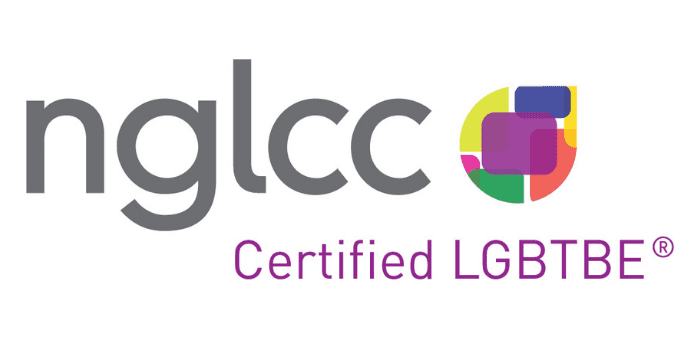Gaslighting is a very sneaky form of abuse. While gaslighting isn’t new, the awareness of the toxicity of this tactic has grown in recent years.
If your partner (or parent, or coworker, or friend) regularly undermines your reality by questioning your legitimate facts or feelings, they’re trying to gaslight you.
Gaslighters want you to question yourself to your core. They want you doubting your own perceptions, thoughts, feelings, senses - everything. When you’re that uncertain, you’re easier to control. And that’s what gaslighting is all about: control.
When gaslighting works, it works so well that you’ll actually question whether you’re being gaslighted at all.
Confusing, right?
It really is.
Today, we’re going to look at 5 weird ways you can tell you’re being gaslighted. Let’s jump in.
Gaslighting Tell #1: You Feel Deeply Confused When You’re With a Particular Person
Sure, there are plenty of reasons you might feel confused and even a little unhinged. Some of us have legit mental health issues that lead us to take some of our perceptions with a grain of salt.
That’s not what we’re talking about here.
If you notice that you feel particularly confused around a certain individual - and you don’t feel that way around others - that is a clue that something is not right about the way they are relating to you.
Gaslighting Tell #2: You Are Always Apologizing
Gaslighters thrive on making their targets feel small, wrong, inadequate and dependent. They make a habit of spinning the focus of the conversation to you - namely, your faults, your mistakes, your shortcomings.
If you find yourself apologizing or back-tracking a lot, ask yourself why.
Gaslighting Tell #3: You’re Convinced You’re “Too Sensitive”
Gaslighters insist that their victims are paranoid and hyper-sensitive. If you’ve been told that enough times about yourself, odds are you’ll start to believe it.
Abusers will often use gaslighting as one of many abuse tactics. In fact, abusers often gaslight their targets about abuse in general.
“I didn’t say that.”
“That wasn’t a hit, it was a love tap.”
“That never happened.”
“You have a very vivid imagination!”
“Geez, can’t you take a joke?”
These are all examples of phrases you might hear a gaslighter say.
Gaslighting Tell #4: Your Self-Esteem Has Bottomed Out
When you’re targeted for gaslighting, your abuser will exaggerate your weaknesses and make sure you keep them at the top of your mind.
It’s much more difficult to get a confident person to question their own reality, so gaslighters will often isolate you and repeat put-downs about you until you start to believe them.
If you’ve noticed that your self-esteem has taken a sharp dive lately, and you can trace the change back to comments from a particular individual, it’s possible that you’ve been targeted for gaslighting.
Gaslighting Tell #5: You Feel Really Far Away From Yourself
Feeling like you aren’t perceiving reality correctly is absolutely crazy-making. Gaslighters not only isolate you from others, they isolate you from yourself.
Gaslighters want you to learn to deny your own experience so that you rely on their version of events. They often target folks who already have some experience “ignoring their gut,” compromising their boundaries or disassociating from their feelings. If you have a history of feeling disconnected from your body or your feelings, you’re more likely to be targeted for gaslighting.
If you’re targeted for gaslighting, this sense of feeling very “far away” from yourself will get worse - not better. If you find that you feel particularly disconnected around a certain individual, consider it a warning sign.
Gaslighting is Abuse. We’re Here to Help.
If you’re resonating with one or more of these symptoms and you think you’re being targeted for gaslighting, congratulations. Realizing that you’re being targeted sucks, but recognizing the problem is the first step in healing.
If you’re afraid for your safety in any relationship, trust your instincts. The level of violence in abusive relationships can escalate quickly. It can be dangerous to confront or attempt to leave an abuser. If you need immediate help, call The National Domestic Violence Hotline at 1-800-799-7233.
If you’re physically safe for now and want help with recovering from gaslighting or any other kind of abuse, we can help.
At Full Spectrum Therapy, we specialize in counseling for the LGBTQ+ community in Portland. Check out our “Meet the Team” page to learn more about our clinicians. You are always welcome to schedule a phone call with one of our therapists to see if they’re a good fit for you.
All of our clinicians understand gaslighting and they can all help you heal from all forms of abuse, including gaslighting.
Curious? Connect with us today!







